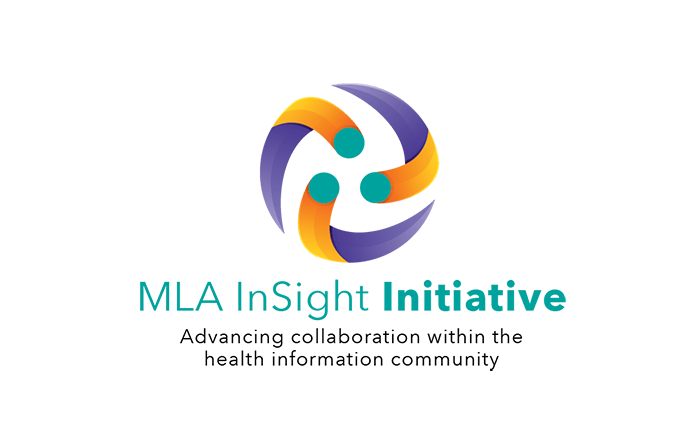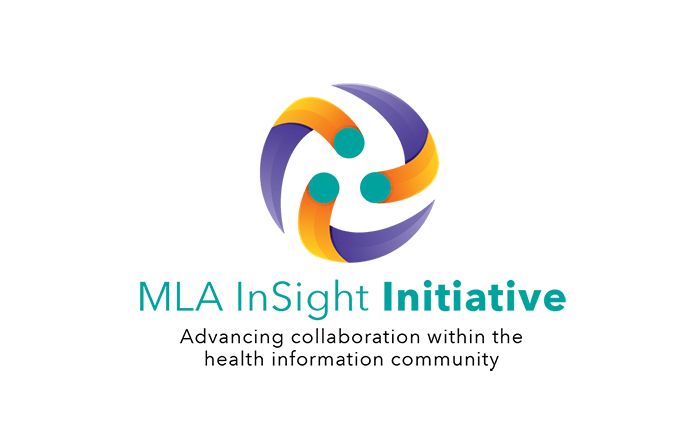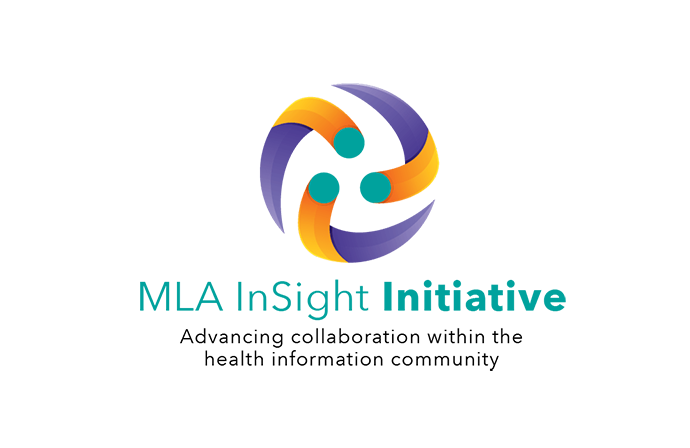For recordings and more detailed program information, go to InSight Initiative Fall Forum 2020 Detailed Program.
On October 29–30, 2020, MLA hosted a free online fall forum that was open to all. This was the sixth summit in the MLA InSight Initiative, bringing together more than 185 health sciences librarians, end users, scholarly communication, and information provider organizations in high-level, high-value dialogue on issues that matter to all those in our community. For more information about this initiative—including objectives, outcomes, guidelines, and task force members—please consult the InSight Initiative home page.
Beyond formal reporting of the fall forum, we want to share with MLA members the many ideas and opportunities for future collaborations raised by the participants. Whether or not these are enfolded in the theme for the next three Insight Initiative Summits, we hope that by sharing these ideas as I have combined and framed them, individuals or communities within MLA can consider how these might fit with your goals or interest or be attractive to pursue in other ways. If you are interested in pursuing any of these, please let me know so we can address how to support efforts to advance these ideas.
Summit items are presented as vexing problems and/or transformational opportunities. How you view these likely varies by where you sit in the scholarly communication ecosystem. For all of these, building a strategy to bring the right voices to the table is critical. Forum participants hoped for trust to grow between the public and science. While this is a high aspiration, we can start by building trust among knowledge intermediaries and knowledge producers and the ultimate consumers through the day-to-day work that we do with authors, editors, patients, learners, journalists and communications staff, publishers, third-party disseminators, and those who provide our technology infrastructure.
We want global, diverse voices throughout the scholarship pipeline. A particular focus called out was increasing engagement of minority scholars within the United States and in low-and middle-income countries as journal editors, reviewers, and authors.
We need to make knowledge creation and dissemination more attractive and humane for trainees and new contributors. Working with accrediting bodies on what they designate as acceptable publication venues and developing educational materials about how to contribute while recognizing time challenges, we can help learners to contribute to their own development.
We want truly accessible health sciences information that considers all the technical, financial, and human capacity issues that comprise accessibility. The knowledge production ecosystem and our libraries are struggling with data overload at the same time that certain types of critical health information seem less available or affordable than ever. This wide-ranging concern included several specific areas:
- Consider equity issues for remote learners and practitioners exacerbated by pricing and licensing models for e-book content
- Revisit licensing in the case of mergers/acquisitions/budget reallocations motivated by financial struggles
- Increase the speed of disclosing all clinical trial results, whether they are positive or not
- Reduce health inequities by leveraging existing content assets of librarians and publishers that are not getting to the audiences that need them most
We need new metrics or a weighting of metrics to assess impact that accommodate the ever-expanding range of content containers used by creators to convey important information. This must be paired with institutional and cultural recognition for authors who share through multiple methods such as on preprint servers and efforts to separate the impact of the content from any journal or container in which it was produced or disseminated. Valuing reviewing and commenting efforts on preprints, post-publication work, and other publicly available research and scholarship such as white papers and theses and dissertations requires open systems where trust in the metrics can come with transparent processes.
Watch for additional articles on the InSight Initiative.





